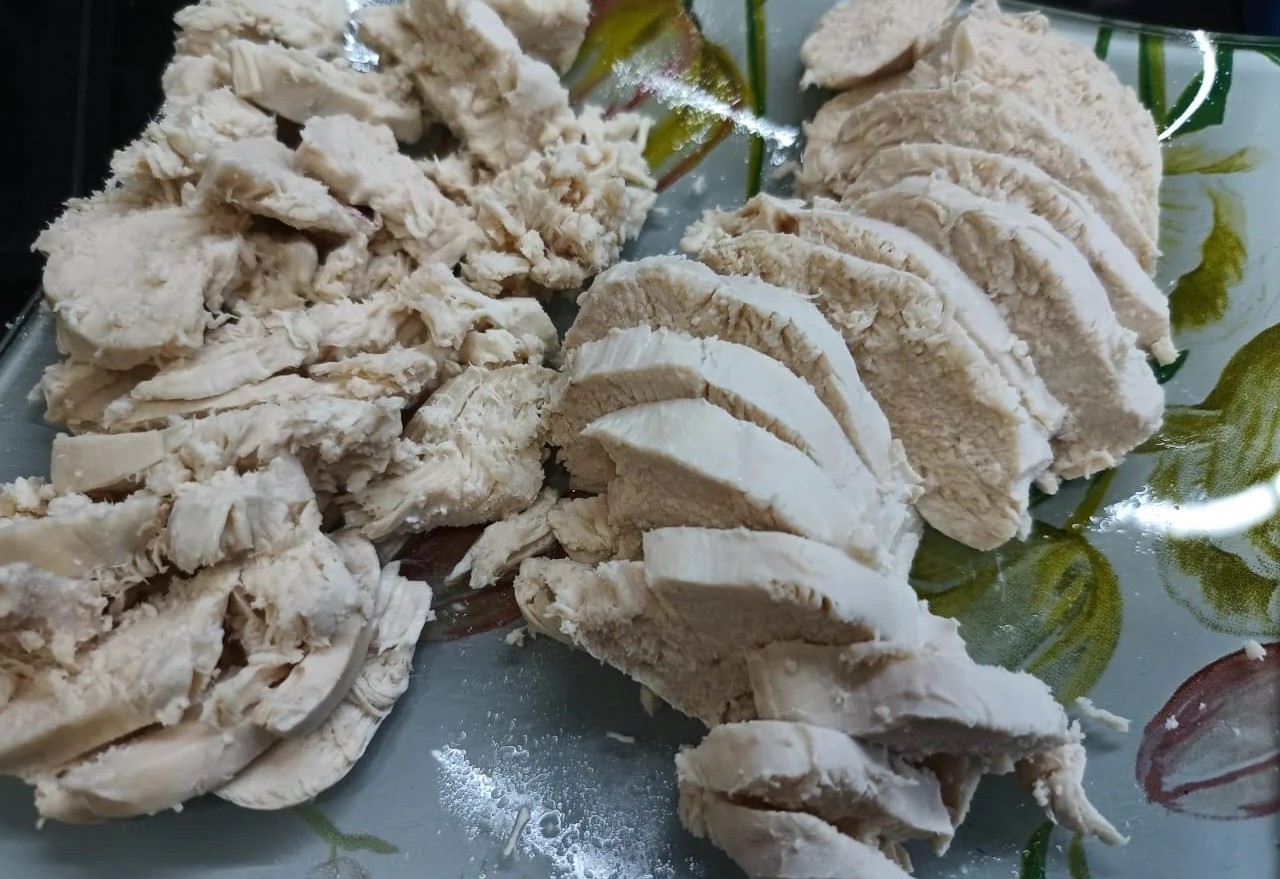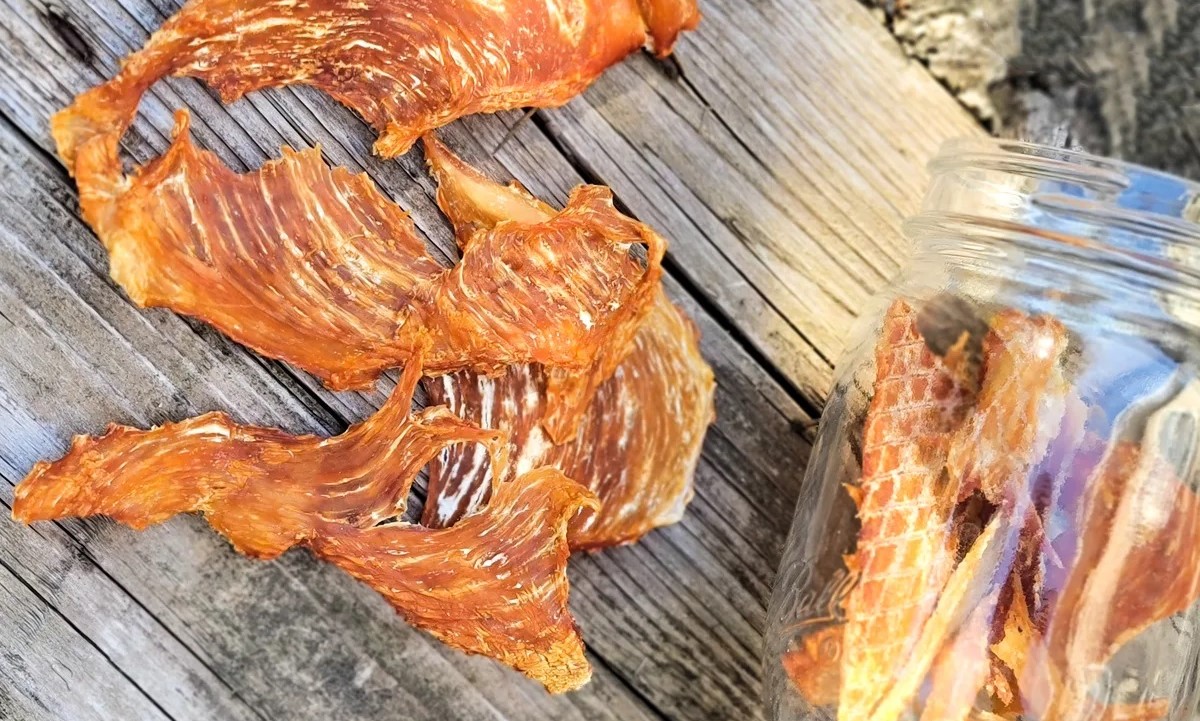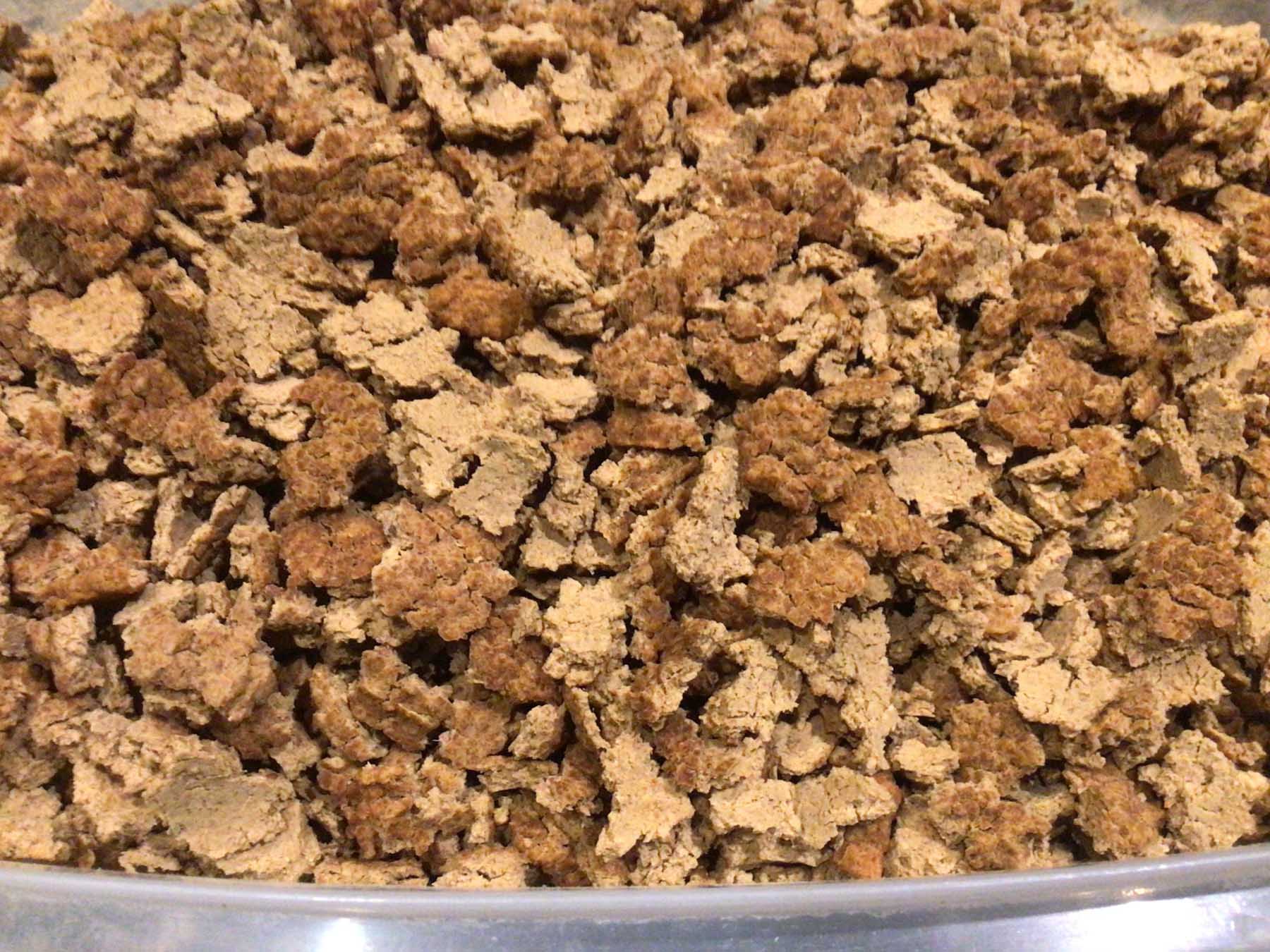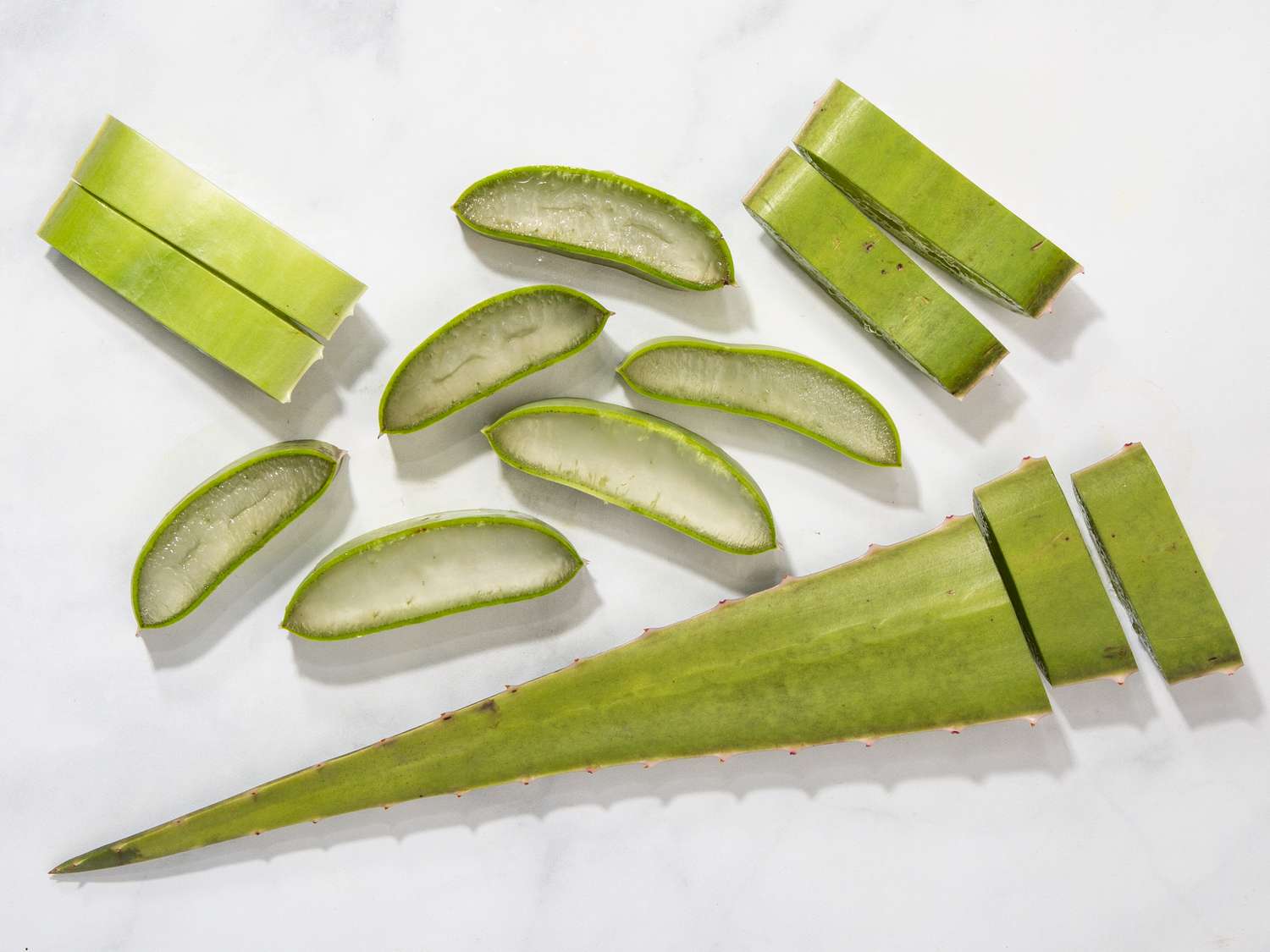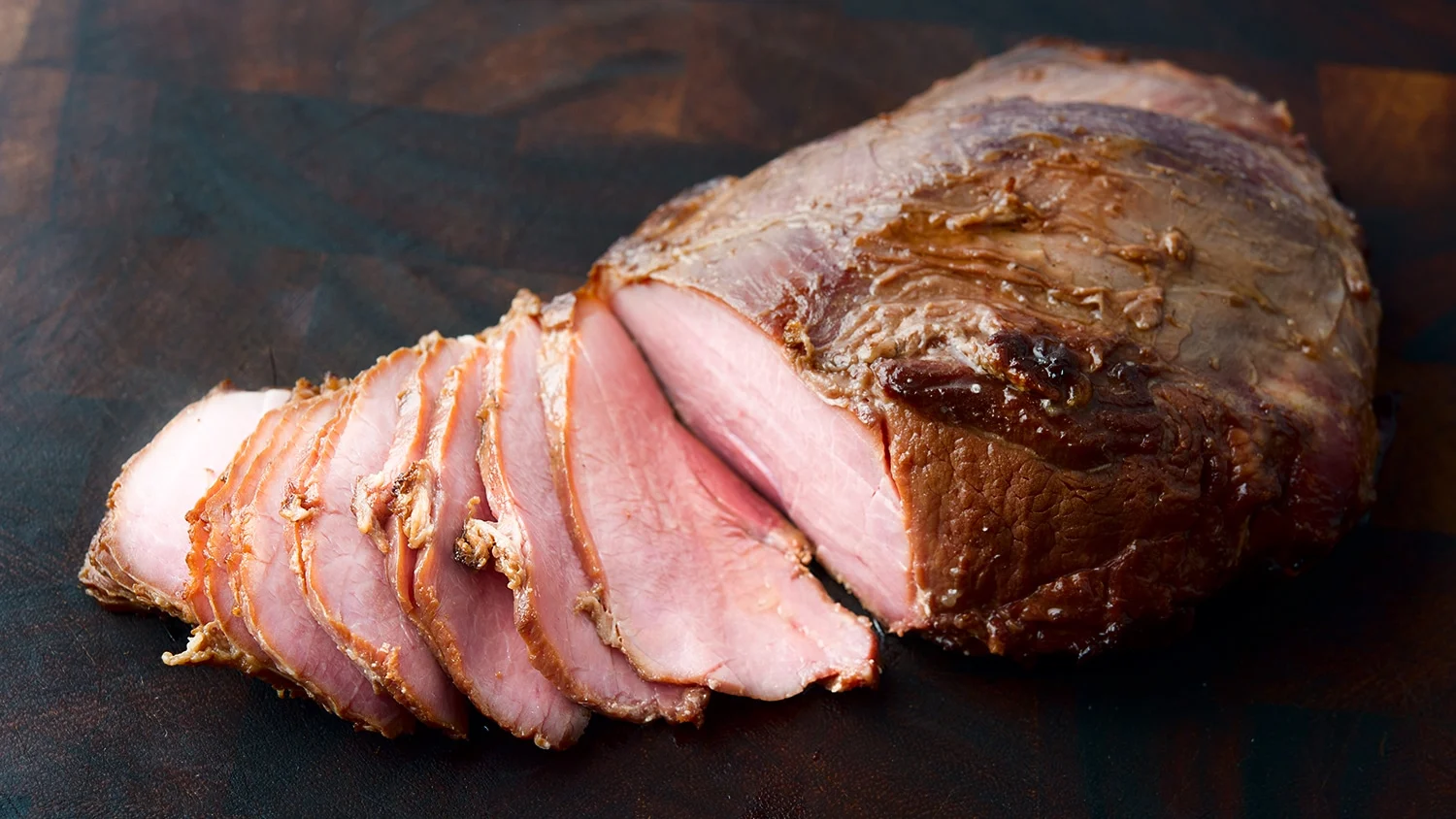Dehydrating Noni Fruit: A Delicious and Nutritious Snack
Dehydrating noni fruit is a simple and effective way to preserve this tropical superfood while creating a delicious and nutritious snack. Noni fruit, also known as Morinda citrifolia, is packed with essential nutrients and has been used for centuries for its health benefits. By dehydrating noni fruit, you can enjoy its unique flavor and health-boosting properties for months to come.
Why Dehydrate Noni Fruit?
Dehydrating noni fruit allows you to extend its shelf life without compromising its nutritional value. This process removes the moisture from the fruit, preventing spoilage and preserving its vitamins, minerals, and antioxidants. Dehydrated noni fruit makes for a convenient and portable snack that can be enjoyed on the go.
Steps to Dehydrate Noni Fruit
Follow these simple steps to dehydrate noni fruit at home:
- Choose Ripe Noni Fruit: Select noni fruit that is ripe and free from any signs of spoilage. Ripe noni fruit will have a strong, distinct aroma.
- Wash and Slice: Thoroughly wash the noni fruit to remove any dirt or debris. Slice the fruit into uniform pieces to ensure even dehydration.
- Pre-Treat (Optional): Some individuals prefer to pre-treat noni fruit slices by dipping them in a solution of lemon juice or ascorbic acid to prevent browning. This step is optional but can help maintain the fruit’s natural color.
- Arrange on Dehydrator Trays: Place the noni fruit slices in a single layer on the dehydrator trays, ensuring that there is space between each slice for proper air circulation.
- Set Dehydrator Temperature: Set the dehydrator to a temperature between 115°F and 135°F (46°C and 57°C) for optimal dehydration. The exact time will vary depending on the dehydrator model and the thickness of the fruit slices.
- Monitor and Rotate: Periodically check the noni fruit slices and rotate the trays as needed to ensure uniform drying.
- Check for Dryness: The noni fruit slices are ready when they are dry to the touch and have a leathery texture. They should not be sticky or moist.
- Store Properly: Once dehydrated, allow the noni fruit slices to cool completely before transferring them to airtight containers or resealable bags for storage. Store in a cool, dry place away from direct sunlight.
Enjoying Dehydrated Noni Fruit
Dehydrated noni fruit can be enjoyed on its own as a nutritious snack or used in various culinary applications. Add it to trail mix, granola, or oatmeal for a burst of tropical flavor. You can also rehydrate the dried noni fruit by soaking it in water or juice, incorporating it into smoothies, or using it in baked goods such as muffins or energy bars.
Health Benefits of Noni Fruit
Noni fruit is renowned for its potential health benefits, thanks to its rich nutrient profile. It is a good source of vitamin C, vitamin E, potassium, and antioxidants. Consuming noni fruit may support immune function, aid in digestion, and contribute to overall well-being.
Final Thoughts
Dehydrating noni fruit is a fantastic way to enjoy this tropical gem year-round. By following the simple steps outlined above, you can savor the unique flavor and nutritional benefits of noni fruit whenever the craving strikes. Whether eaten as a standalone snack or incorporated into your favorite recipes, dehydrated noni fruit is a versatile and wholesome addition to any diet.
More Delicious Ways to Enjoy Dehydrated Noni Fruit
Having mastered the art of dehydrating Noni fruit, why not put your new skills to the test with a variety of delightful recipes? From the energy-boosting Tropical Noni Fruit Trail Mix to the comforting Noni Fruit and Nut Bread, there's a dish to suit every taste. We particularly recommend trying the Noni Fruit Smoothie Bowl for a refreshing start to your day or the Noni Fruit Vegan Meatballs for a creative, plant-based dinner option. These recipes not only showcase the versatility of Noni fruit but also enhance your daily meals with its unique health benefits.
Was this page helpful?
Read Next: How To Dehydrate Pork Jerky
